Organisations today have realised that being Gamification & Storytelling in data literate is the need of the hour. However, the term ‘data literacy’ becomes intimidating rather than inspiring for many employees, as they feel like they are learning a new and difficult language that is filled with charts, jargon and formulas. The challenge faced by the organisations is how to make this data training engaging, accessible and impactful.
With the help of gamification and storytelling, dry data concepts can be converted into memorable experiences. These learning strategies promote curiosity, problem-solving, and real-world application which in turn increases engagement, retention and increases application of data skills by the employees in their work.
While analytically inclined employees may find the theoretical lectures, complex dashboards and rote exercises on data literacy interesting, non-technical employees may not find this data literacy training relevant to their day-to day job roles.
Experiential method of learning is always more impactful, where the employee’s competitive nature is evoked through game elements like points, levels, challenges and finally the rewards on overcoming the challenges. Thus, gamification transforms abstract concepts into interactive experiences.
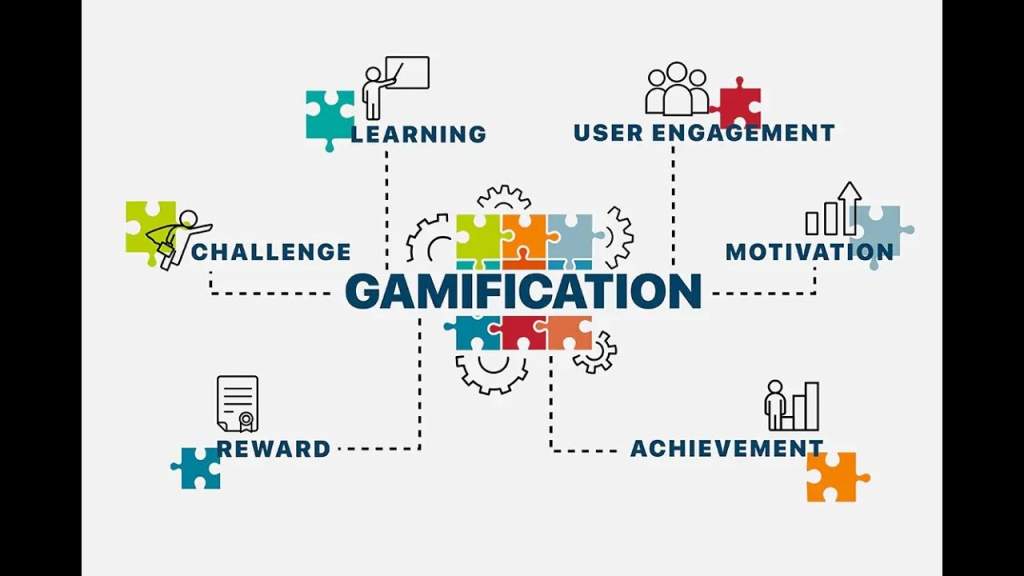
Key Benefits of Gamification in Data Training are:
Increased Engagement: Games naturally boost motivation and curiosity. Learners are more likely to dive into data analysis when there’s a sense of competition or achievement.
Safe Space to Fail: In a game environment, learners can make mistakes without real-world consequences. This encourages experimentation, a crucial part of learning.
Instant Feedback: Immediate responses to actions help learners quickly understand cause and effect, thereby reinforcing key data concepts.
Goal Orientation: Progress tracking (like badges or progress bars) gives learners a clear path forward and a sense of accomplishment.
On the other hand, storytelling changes the data into real-life scenarios with stakes and consequences.
Benefits of Storytelling in Data Training:
Improves Retention: Every human brain thrives on stories. When data is attached to a narrative, it’s easily remembered and understood.
Builds Empathy: Storytelling brings with it the emotional quotient that helps the learners to connect emotionally with the data.
Clarifies Purpose: Stories show how data informs decisions and drives action, helping learners understand the real-world value of data literacy.
When Gamification and Storytelling are combined, the data becomes approachable, relevant and a fun learning experience. Afterall, data literacy is not about learning some tools, but it’s about cultivating a mindset.
A good story, delivered through game mechanics, turns training into a memorable journey. The future of data training is interactive, immersive, and human-centred.

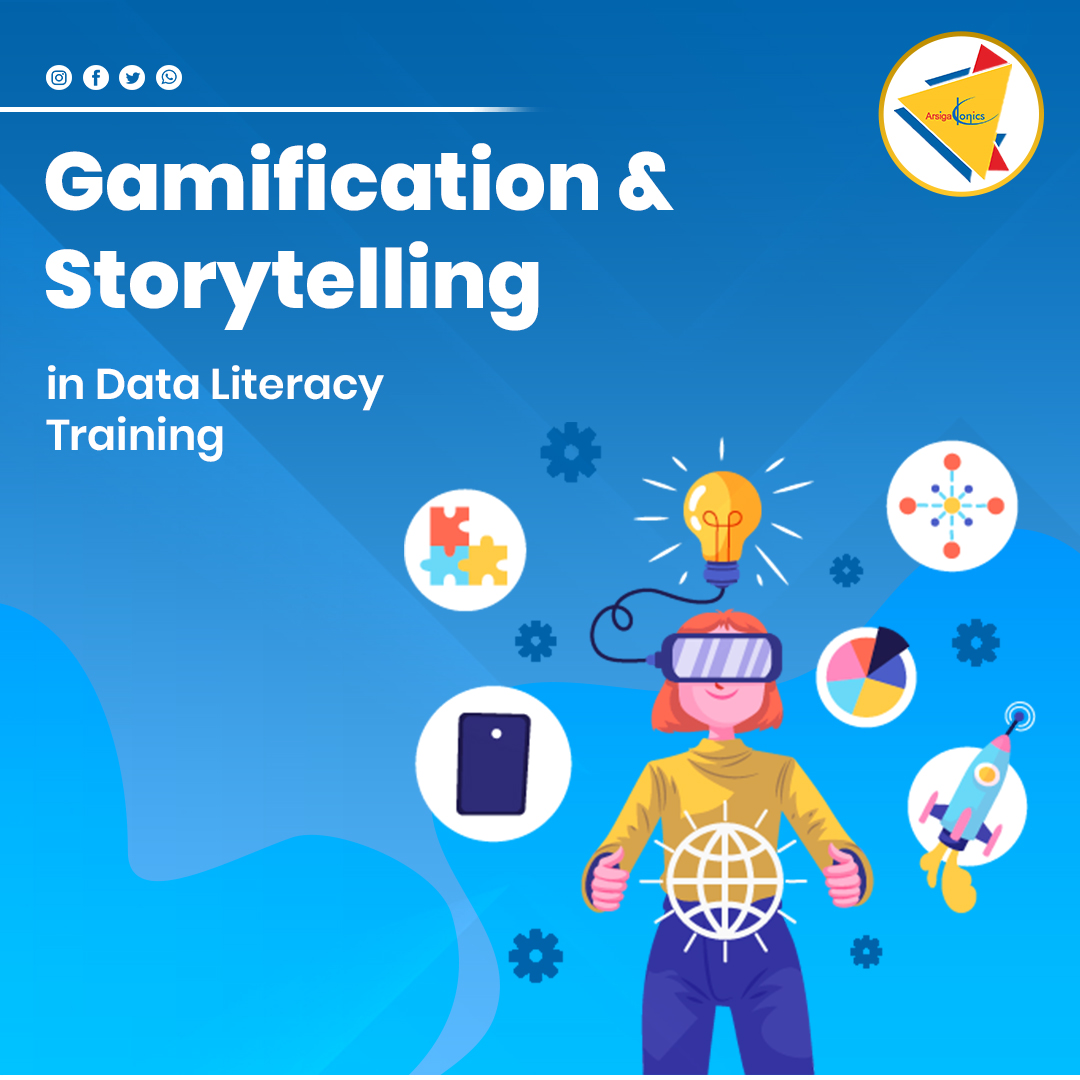
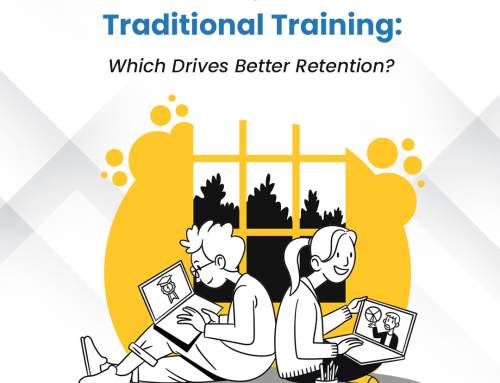
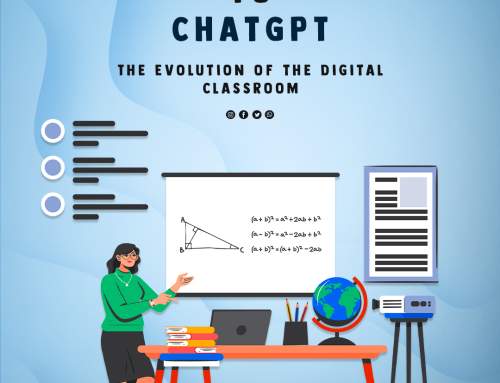
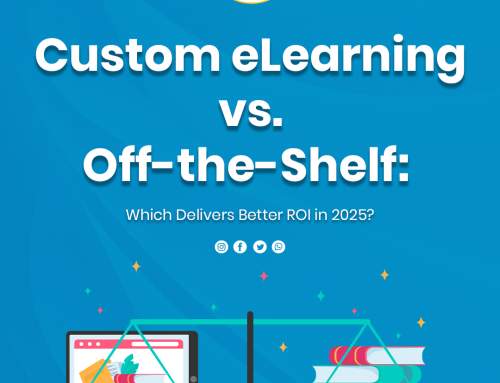

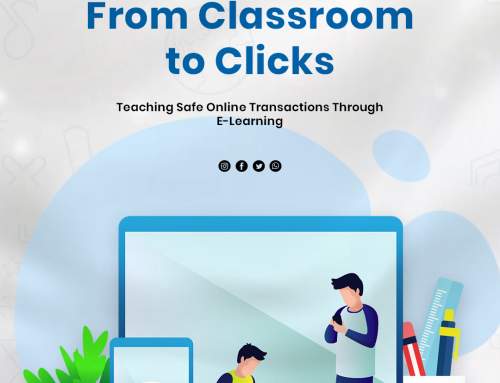
Leave A Comment